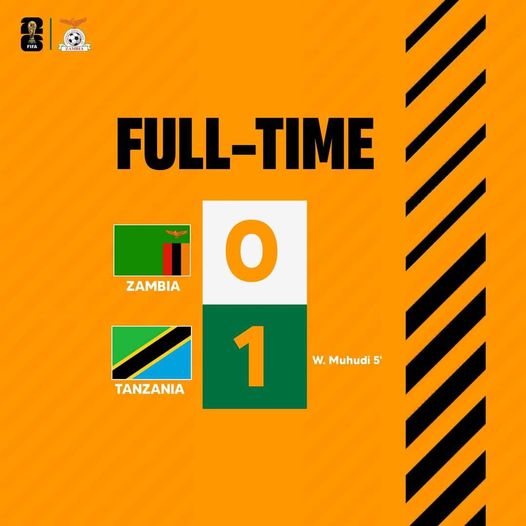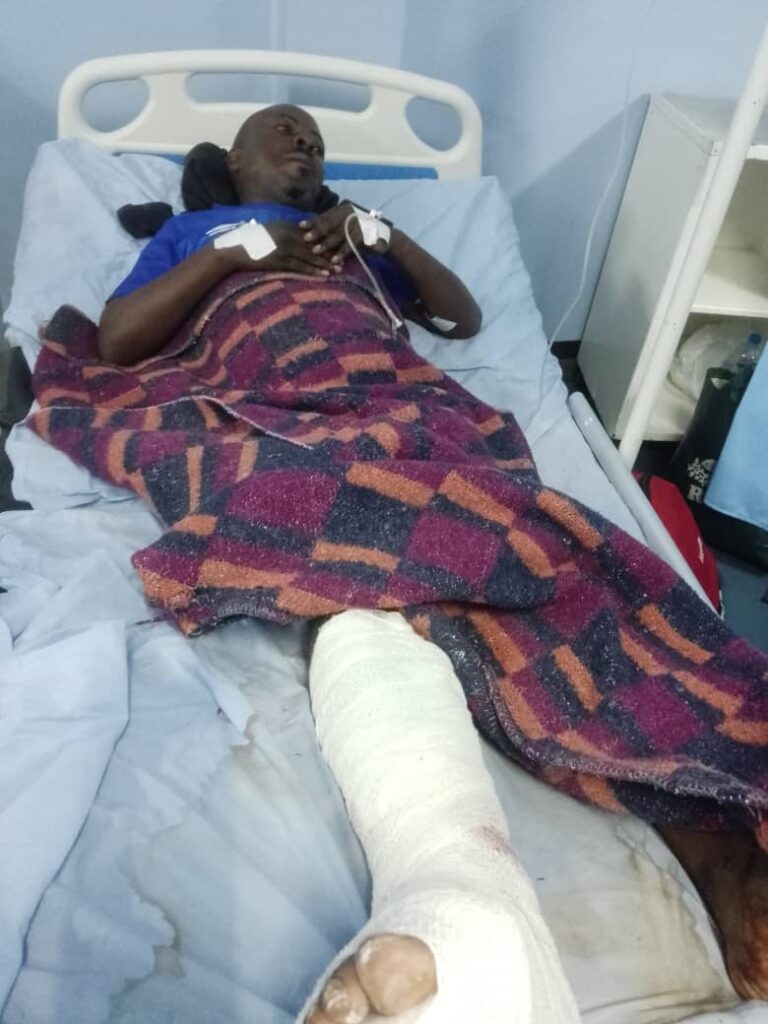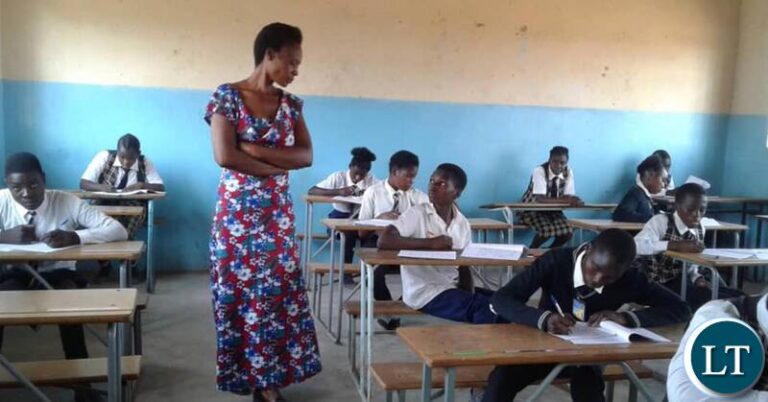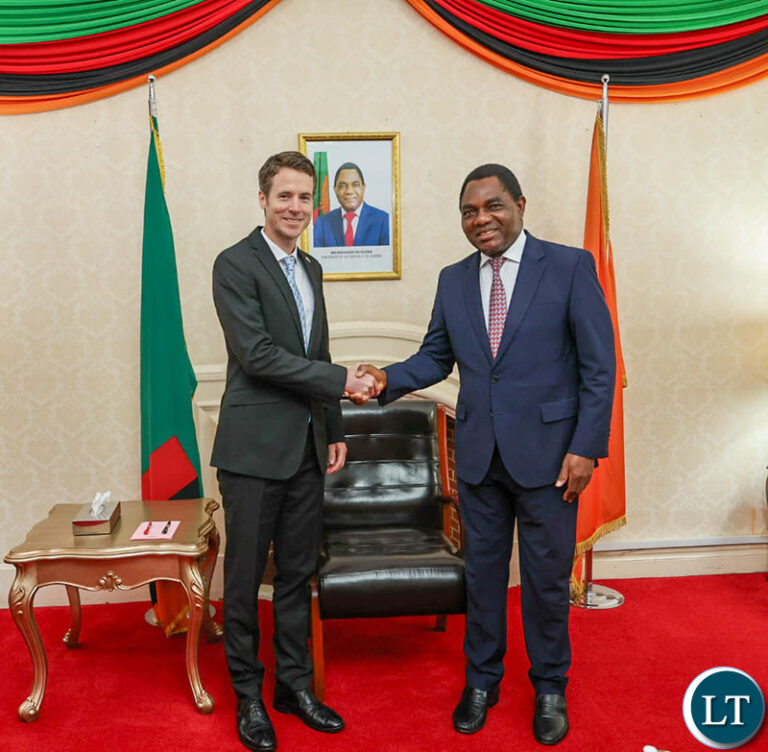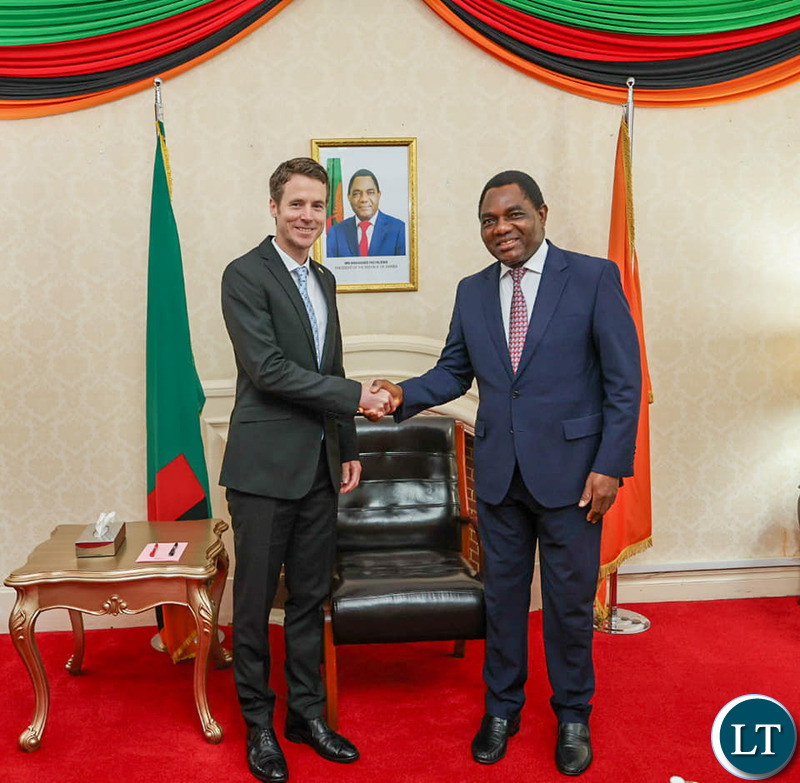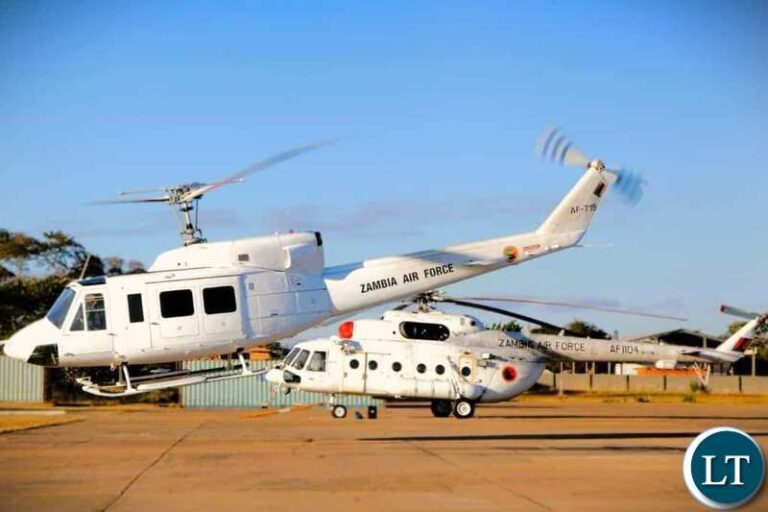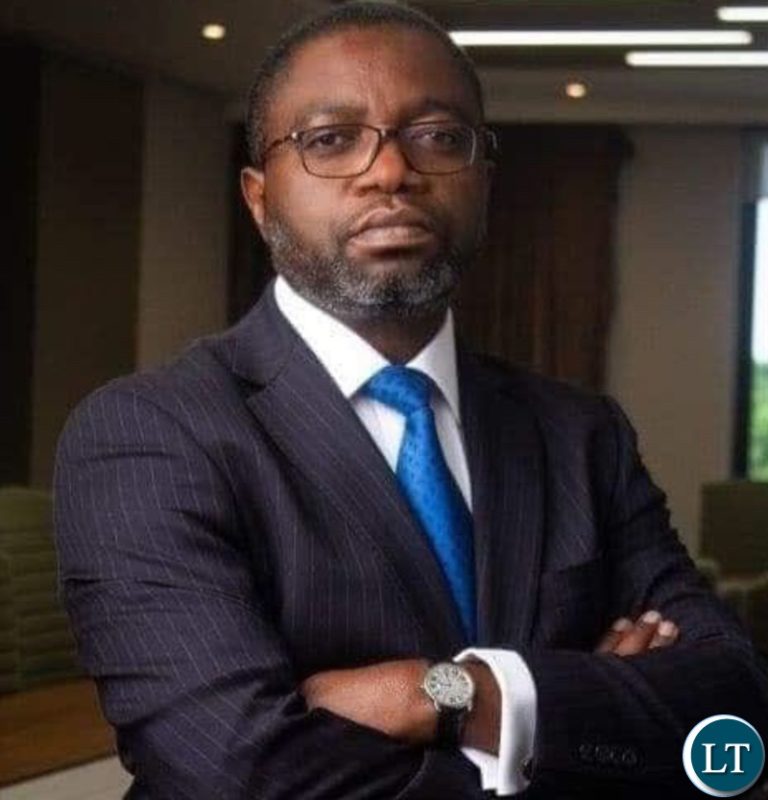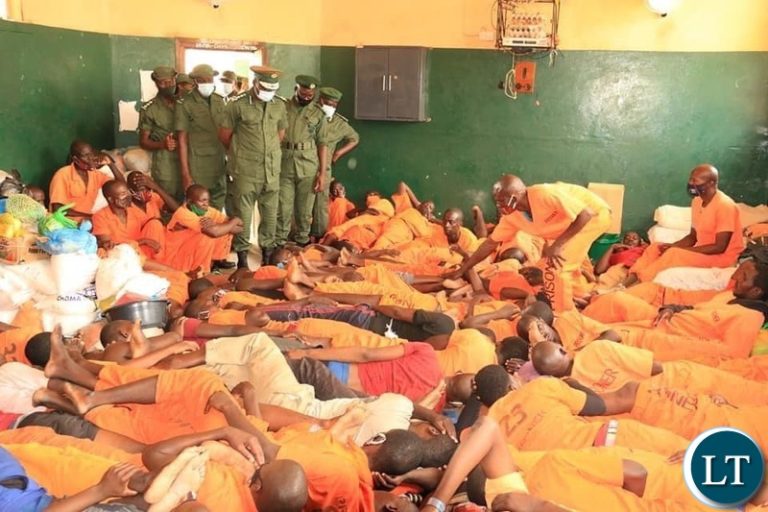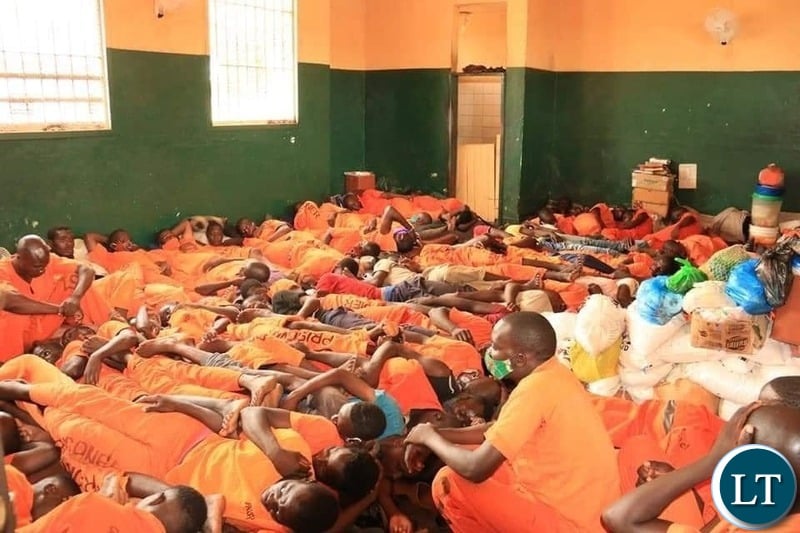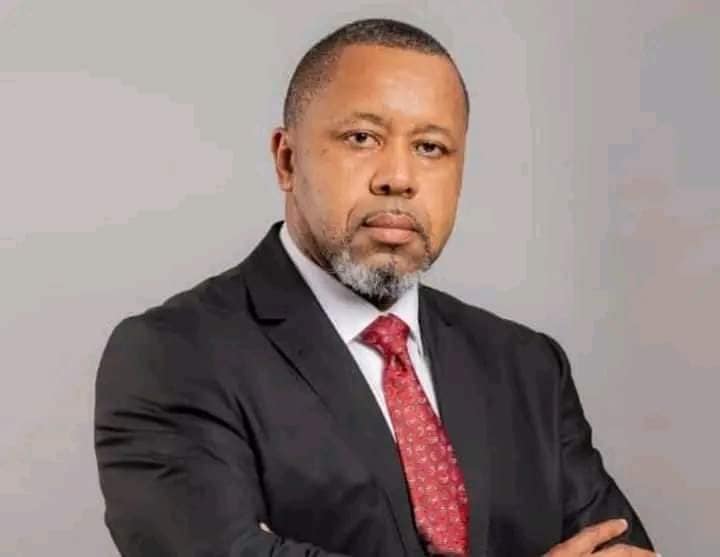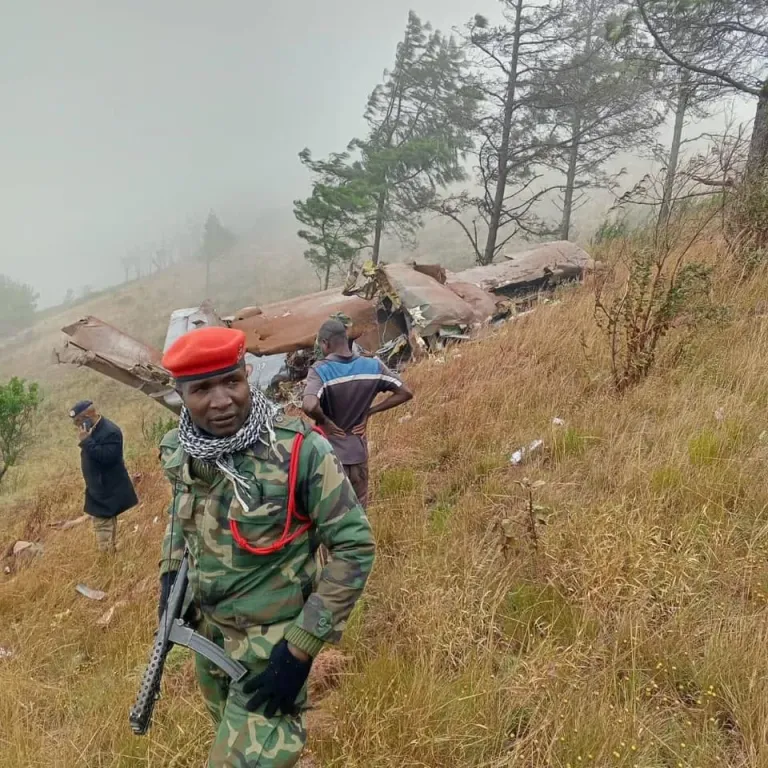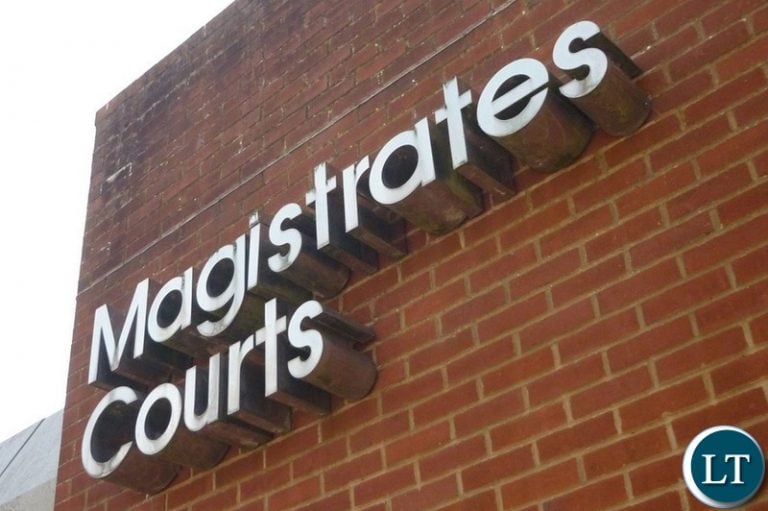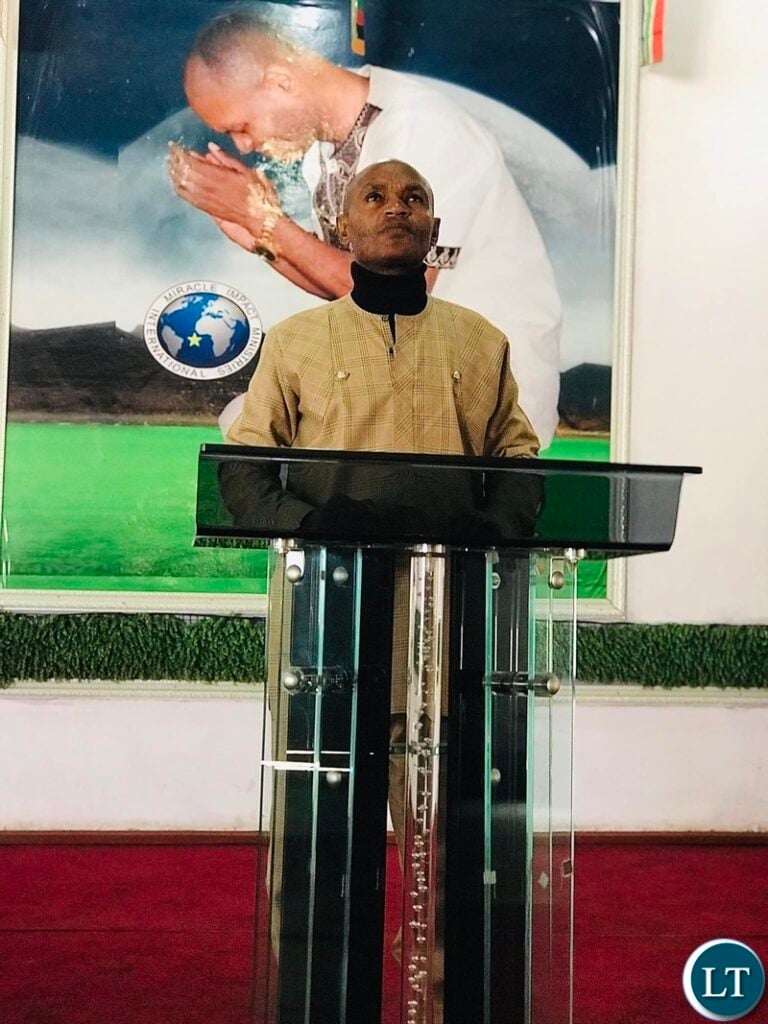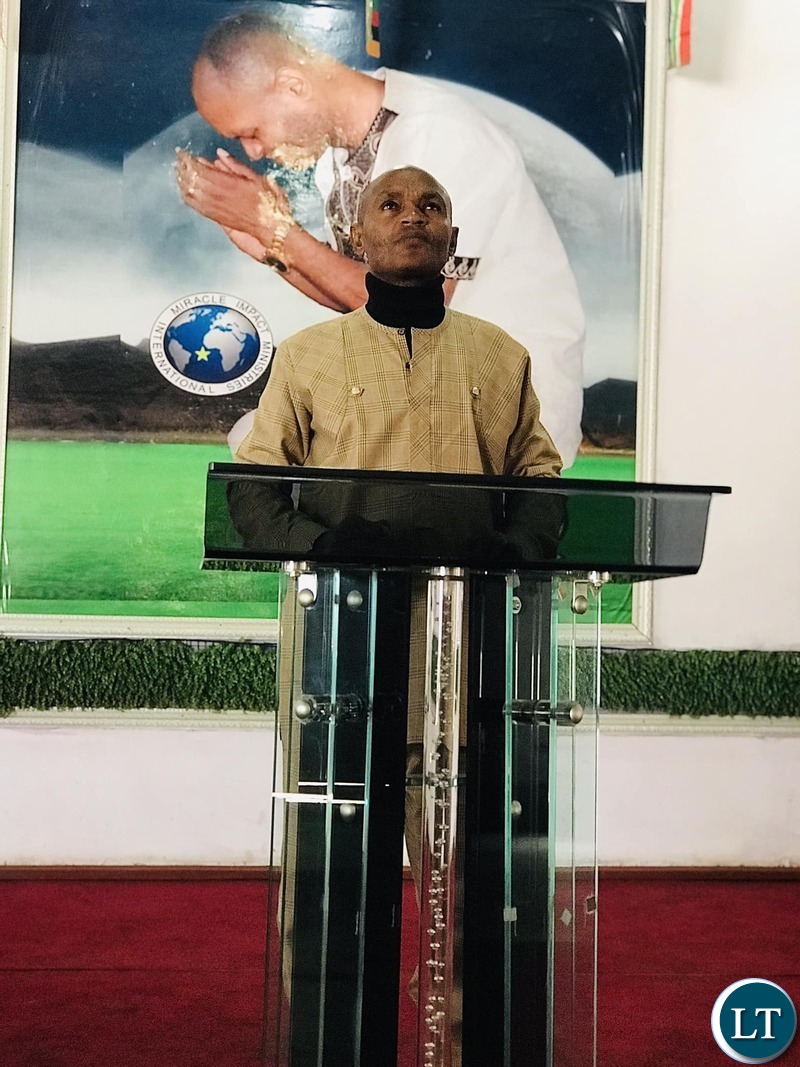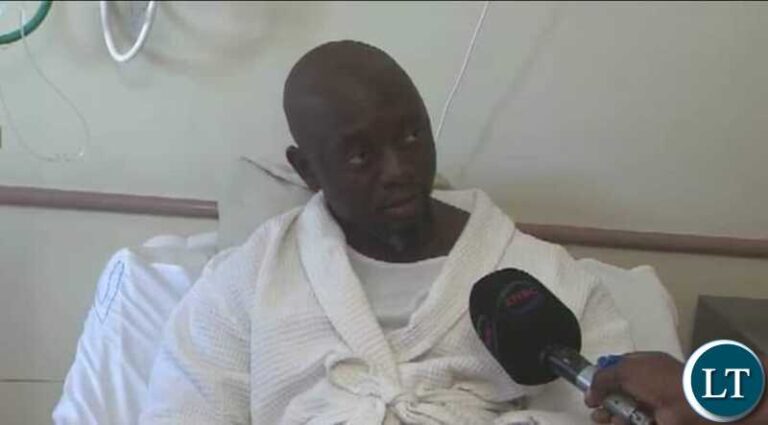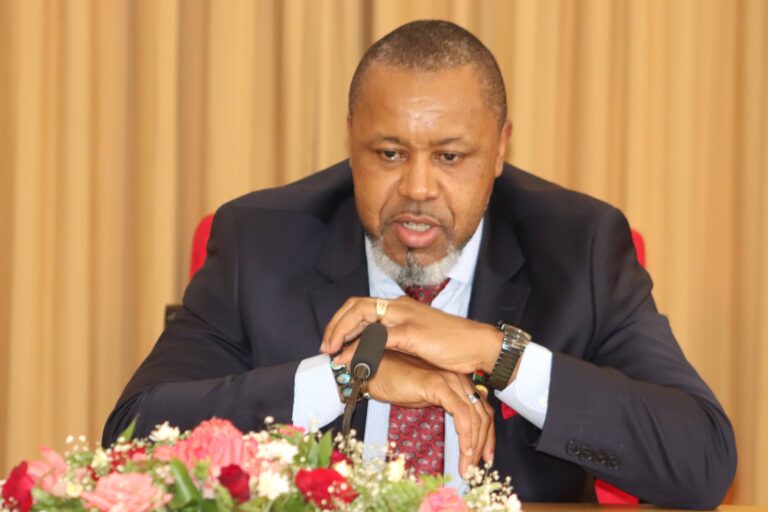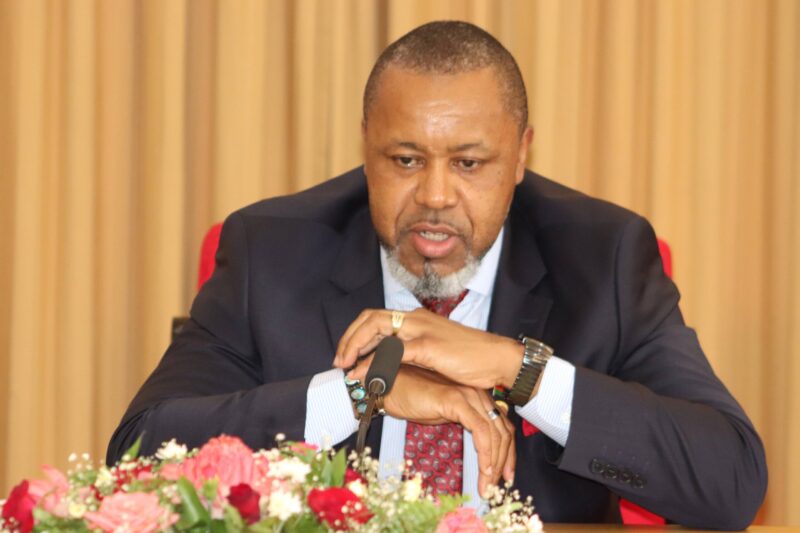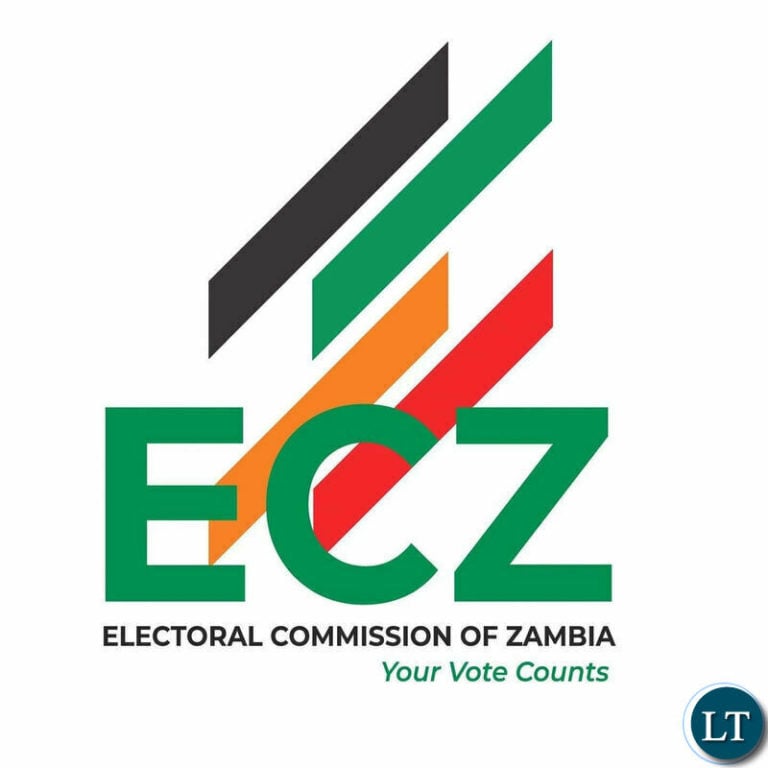To: President, Football Association of Zambia (FAZ)
Subject: Proposal for an Evidence-Based Study to Revitalize Zambian Men’s Football
Dear Mr. Kamanga,
I trust this letter finds you well. As a dedicated advocate of Zambian football, a taxpayer, an expert in sports science and management, and Chair of the Zambian Institute of Sport (ZIS)—the only professional sports education institution in Zambia—I am writing to express my deep concern regarding the underperformance of our men’s national football team since our historic victory at the Africa Cup of Nations (AFCON) in 2012. I want to clarify that I have no ambitions for a position within FAZ but feel a professional responsibility and civic duty to state my position.
The recent poor performances against teams like Morocco and Tanzania, and the poor performance at the last AFCON, coupled with the lack of a substantial and evidence-based strategic plan to revamp Zambian men’s football, compel me to write this letter. Our fall from being a powerhouse in African football to an underdog struggling to qualify for major tournaments is alarming and necessitates urgent action. Football is crucial to Zambia, impacting our economy, society, and collective national psychology. Leveraging opportunities such as recruiting diaspora players, incorporating modern technologies like AI for football interventions, and fostering a collaborative approach with volunteers providing specialist support, such as video analysis and data analytics, should be considered. Moreover, we need a disruptive shift in mindset and culture within our football community.
As you are aware, I and other Zambian experts have, for several years, offered our support and expertise to your current administration and previous ones without much success. Therefore, I propose this structured and evidence-based approach publicly to ensure transparent engagement. This approach addresses the current challenges and sets our national team back on the path to success.
• Proposal for an Evidence-Based Study
I strongly recommend that FAZ engage a team of academic sports consultants from Zambia to conduct a comprehensive study aimed at generating actionable recommendations. We at the Zambia Institute of Sport can mobilize this effort at no fee. This study should include:
• Review of Case Studies:
What can we learn from the successful rebuilding efforts of football teams from countries such as Germany, Spain, Japan, and Morocco?
What key factors contributed to their resurgence and growth?
• Scientific Evidence and Literature Review:
How can we utilize existing scientific research and literature on sports performance, coaching methods, player development, and sports management?
How can we effectively draw from existing scientific and professional databases?
• Data Collection and Analysis:
How can we gather historical and current data on Zambian football to clearly ascertain the unique features of our game and suggest culturally relevant proposals?
How can we analyze player development, considering the roles of community academies such as Afrisport, Breakthrough Chiparamba, EduSport, and Bauleni Sports Academy (BUSA), which have produced AFCON players like Kalaba, William, Stopila, and Fyawo, and current world-class players like Barbara Banda and Rachel Kundananji?
How does the recruitment of diaspora players fit into this?
The study should also examine the role of schools and uniformed forces (Army, ZAF, ZNS, and Police) in player development, and contextual models for applying sports science interventions, strategies for international engagement, player performance, coaching standards, infrastructure, and support systems.
Some Key Focus Areas and Investigative Questions
• Talent Identification and Development:
How can we establish a comprehensive system of regional and national football academies with adequate support and resources?
How can we review and integrate football programs within school curriculums to create a seamless link with academies, ensuring the identification and nurturing of young talent?
What is the best way to connect these systems to the next level, such as club systems?
• Coaching and Training Methodologies:
How can we implement data-driven and contextually relevant coaching methods and continuous education programs for coaches?
How can performance analytics be used to monitor and enhance player development?
• Infrastructure and Facilities:
What local playing fields need identification and protection?
How can we invest in state-of-the-art regional training centers and high-quality playing fields?
How can we ensure facilities meet international standards to support optimal player training and development?
• Sports Science, Data Analytics, and Player Well-being:
How can we integrate contextually relevant sports psychology, injury management, and nutrition programs to enhance player performance and resilience?
How can we develop tailored fitness and rehabilitation programs from youth to senior age?
How can we centralize the use of AI and data analytics to enhance our game?
• Competitive and Development Exposure:
What is the strategy for recruiting and supporting diaspora players?
How can we organize regular international friendlies and tournaments to expose players to high-level competition?
How can we strengthen local leagues?
How can we foster partnerships with top football clubs globally for player exchanges and training opportunities?
• Community, Fan Engagement, and Fundraising:
What initiatives can we develop to build a passionate and supportive fan base at home and abroad?
How can we engage players in community outreach in Zambia and abroad?
How can we utilize the newly acquired status of world-class players for community engagement and fundraising?
• Cultural Shift:
What we do to achive a major cultural changes to move beyond the current thinking, culture, and behavior that have led to our current situation?
Conclusion
Mr. Kamanga, the current trajectory of our national football teams requires immediate and strategic intervention. By commissioning a detailed, evidence-based study, we can identify and implement the necessary reforms to restore our footballing prowess. Furthermore, addressing the success and potential of our women’s national team, which currently lacks proper structures and strategic support, is an opportunity that must not be missed. Their upcoming participation in the Olympics highlights the need for organized friendly matches and comprehensive preparation to avoid jeopardizing our performance on the global stage.
I am fully committed to contributing my expertise to this initiative and urge you to consider this proposal and take decisive action to ensure the future success of Zambian football. Together, we can build a robust system that not only elevates our national teams but also inspires future generations of Zambian footballers.
Thank you for your attention to this critical matter.
Yours sincerely,
Professor Oscar Mwaanga PhD
Chair, Zambian Institute of Sport


